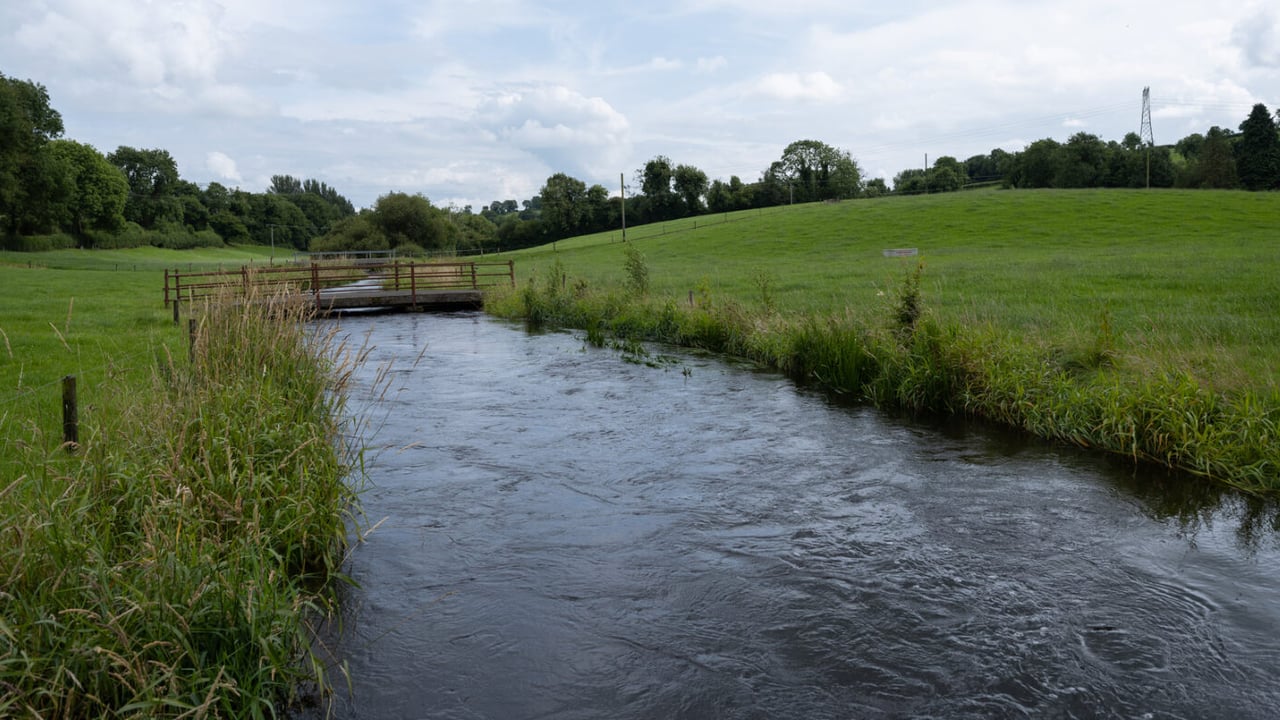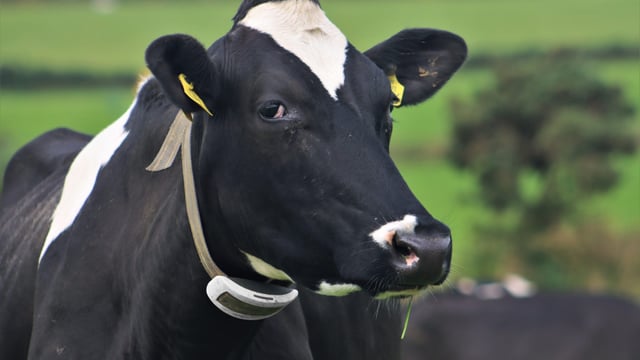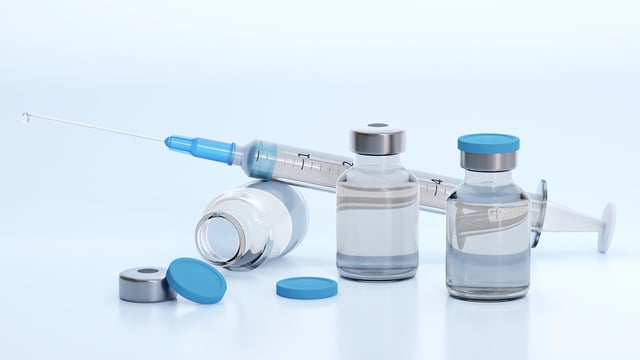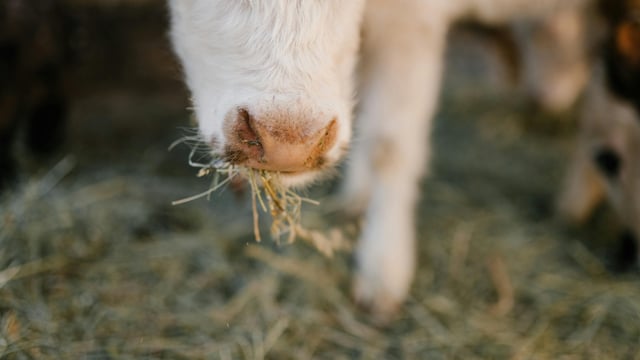Nitrates changes 'present further challenges' - Murphy
Following changes to the Nitrates Action Programme (NAP), Irish Farmers' Association (IFA) environment chair John Murphy said that the additional measures "present further challenges" to farmers.
Among the changes, there will be revised nutrient excretion rates for calves to reflect their lower nutrient output, especially in their first 90 days.
Nutrient excretion rates for other cattle aged less than one year and for one- to two-year-old cattle are also updated to reflect the latest Teagasc research.
The changes will also recognise the lower nitrogen excretion rate achieved by dairy farmers who opt to manage crude protein in the concentrates fed to their cows across the year.
Murphy said that farmers are "committed" to playing their part to improve water quality, but that the "pace of regulatory change is a major concern".
"We now need a period of stability with no further regulations to provide farmers greater certainty to be able to plan and provide time for the measures to deliver improvements in water quality and their impact quantified," Murphy said.
He said that IFA had opposed the extension of the maximum organic nitrogen (N) limit of 220kg/ha to include additional areas in the EPA Targeting Agricultural Measures Map from the December 1, 2025.
Another new measure introduced as part of the review is the requirement to notify the movement or export of organic nutrients between holdings within four days of the movement occurring.
Murphy said that "greater oversight" was needed, but raised "concerns" that the timeframe provided is "too restrictive", causing "operational" and "administrative" challenges, particularly for pig farmers.
Nitrates changes
“Farmers are committed to improving water quality, but they need to have confidence that the full implications of the proposed measures on their business are being considered by government.
"There needs to be greater certainty and consistency over the full term of the programme so farmers can effectively plan and make any necessary investments,” the IFA environment chair said.
The IFA also continues to oppose the imposition of a complete ban on straight urea until farmer concerns relating to the efficacy of protected urea are "fully dealt with".
With work ongoing for the sixth NAP, Murphy said that it is "essential" that the socio-economic impacts of the proposed measures are "fully considered".











